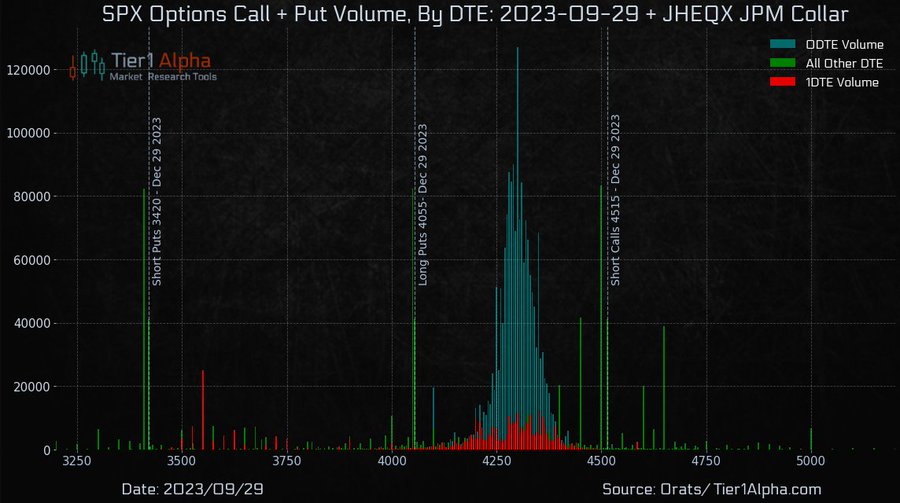It looks like you're new here. If you want to get involved, click one of these buttons!
https://www.multifamilydive.com/news/the-last-public-student-housing-reit-goes-private/624826/I am not aware that any remain since BX gobbled up ACC in 2022.
Goodbye to ACC

Top 8 Companies by market cap in the S&P 500 Index Weight Gain YTD
1 Apple AAPL 7.1% 36%
2 Microsoft MSFT 6.5% 30%
3 Amazon AMZN 3.2% 45%
4 Nvidia NVDA 2.9% 192%
5 Alphabet Cl A GOOGL 2.1% 45%
6 Tesla TSLA 1.9% 119%
7 Meta Platforms META 1.9% 134%
8 Berkshire Hathaway Cl B BRK.B 1.8% 15%
9 Alphabet Cl C GOOG 1.8% 45%
Total 29.1%
Top 8 Companies by market cap in the S&P 500 Index
Weight Gain YTD
1 Apple AAPL 7.10% 36%
2 Microsoft MSFT 6.50% 30%
3 Amazon AMZN 3.20% 45%
4 Nvidia NVDA 2.90% 192%
5 Alphabet Cl A GOOGL 2.10% 45%
6 Tesla TSLA 1.90% 119%
7 Meta Platforms META 1.90% 134%
8 Berkshire Hathaway Cl B BRK.B 1.80% 15%
9 Alphabet Cl C GOOG 1.80% 45%
Total 29.1%

© 2015 Mutual Fund Observer. All rights reserved.
© 2015 Mutual Fund Observer. All rights reserved. Powered by Vanilla